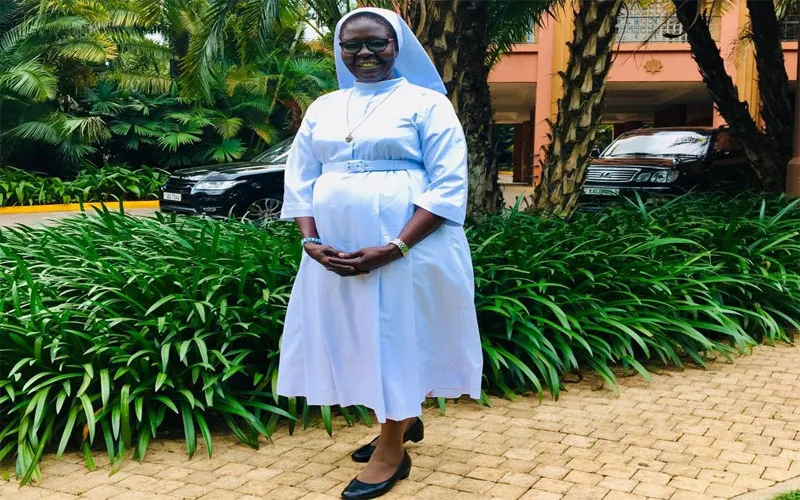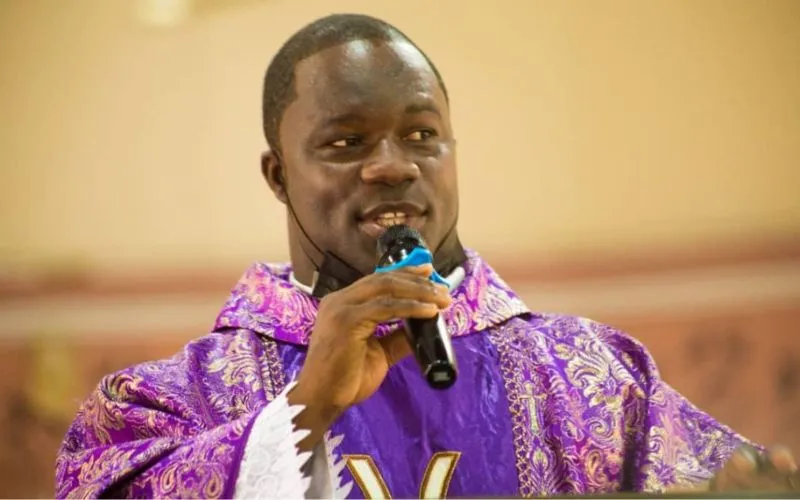Kampala, 19 November, 2019 / 1:59 am (ACI Africa).
Last week, Monday, November 11, 2019, when Pope Francis announced resignations and new appointments, he appointed members as well as consultors of the Vatican-based Pontifical Council for Culture, among them, Ugandan-born nun, Sr. Dominica Dipio.
Sr. Dipio, a professor of literature at Makerere University in Uganda’s capital, Kampala, has shared with ACI Africa about the appointment and thanked the Holy Father for his trust in her.
“When the news of the Holy Father’s appointment of four of us, women, as consultors to the Pontifical Council for Culture became public, I felt truly humbled and honoured at the same time,” Sr. Dipio told ACI Africa Monday, November 18 referencing the appointment of three other women to the same Council, namely, the Loreto Sr. Patricia Murray, Sr. Mariella Mascitelli of the Sisters of the Divine Master (P.D.D.M), and the French lay, Ms. Maud de Beauchesne-Cassanet.
Sr. Dipio added, “Deep within, me, Mary’s Magnificat stirred as I recognised God’s favour upon me, in entrusting me with this responsibility.”
“The announcement came a day before I published an online article on African proverbs on motherhood. And so, when the outpouring of congratulatory messages started flooding my mailbox, I obviously thought they were for my article,” the member of the Missionary Sisters of Mary Mother of the Church (MSMMC) recalled the events of the beginning of last week.








